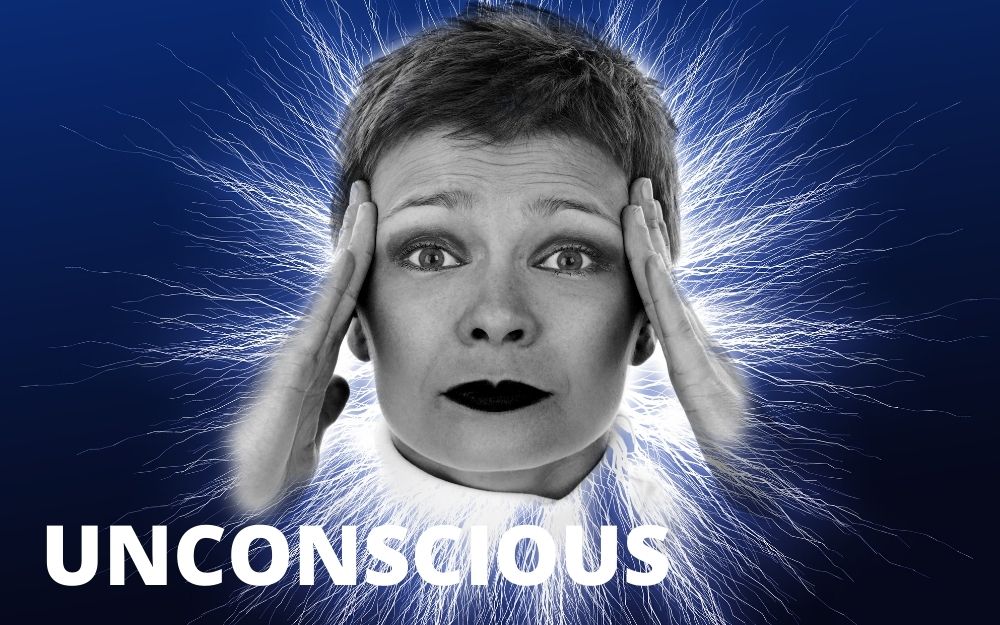Effect Of Advertising On Buyer Behavior | What Experimental Studies Say? (Part 1 of 2)
This is part 1 of 2. Part 2 here!
Many customers swear not to be swayed by commercials. But eye movement and other studies reveal differently. Customers say so because they don’t like to accept that something is affecting their free will. But probably that is what advertisements actually do.
Marketing and psychology researchers have been studying the motivations for consumption for a long time. When they ask consumers about what factors, in their opinion, influence their choices while making a purchase decision, they give different answers but many of them seem to believe that advertising has little effect on their buying behaviour are. Many even say that advertising does not influence them at all. It is also true that there is a growing number of aware customers and there are more people now who try to avoid getting influenced by advertisements and make rational decisions. But behind what customers actually believe, there is something going on that they don’t understand. Advertisements in reality have a strong but indirect influence on the customers. Advertisements affect their unconscious mind and that is why people don’t notice it. But the truth is that advertisements affect all of us. Let’s see what various studies reveal.
WE TRY TO KEEP OUR SELF-ESTEEM HIGH
How else would you explain that most of the time the product is advertised, sales tend to grow significantly? Customers generally want to keep their self-esteem and think of them as conscious and above all autonomous decision-makers. For such consumers, admitting that they have been influenced by advertising can be annoying and unacceptable.
ASVERTISEMENTS STIMULATE UNCONSCIOUS LEARNING

Studies on behavioural economics and neuroscience have shown that much of our brain’s activation, stimulated by advertising, occurs outside the perimeter of our awareness. Advertisements actually stimulate an emotional response which is then given a form of rational thought by our brain. Advertisements cause an unconscious learning process in customers, which they later on, think of as their own decision, but it is actually influenced by advertisements they have seen sometimes.
FIRST STUDIES ON THE SUBJECT IN 1903
In reality, the idea that advertising could “leave its mark” unconsciously has a very old origin. Walter Schott, who wrote the first book on the psychology of advertising (The Psychology of Advertising in Theory and Practice, 1903), argued that advertising could affect people without them being aware of it. The idea remains unnoticed for about 60 years until the arrival of the studies on television advertising by Krugman and Hartley (1970).
LOW (BUT EFFECTIVE) INVOLVEMENT OF TV
Krugman (1971), who, in line with what Walter Schott had already anticipated, admitted the possibility of the unconscious effect of advertisement on customers. He also stated that TV is a means of communication in which advertising plays an important. Effective visual advertisements run on TV can unconsciously influence your beliefs of what is good and what is bad which become effective when you make a purchase decision.
TESTS: ENCEPHALOGRAM AND EYE MOVEMENT

In his experimentation, Krugman used electroencephalographic analysis and the measurement of eye movements (eye-tracking) to study the different reactions of consumers on television advertising compared to that on print. The research demonstrated that television advertisements are simpler, more effective, and require less level of attention of the customer than print media. Consequently, television advertisements stimulate better memorization and learning processes.
THE STRATEGY OF UNCONSCIOUS
Today, neuroscience has shown that most of the stimulations reach the brain by activating it without our awareness and that it is possible to learn unconsciously. Motivated by this understanding, businesses organizations around the world have started to actively use the strategy of unconscious learning. They use this understanding to shape their advertisement campaigns and make them more effective on customers.



One thought on “Effect Of Advertising On Buyer Behavior | What Experimental Studies Say? (Part 1 of 2)”
Comments are closed.